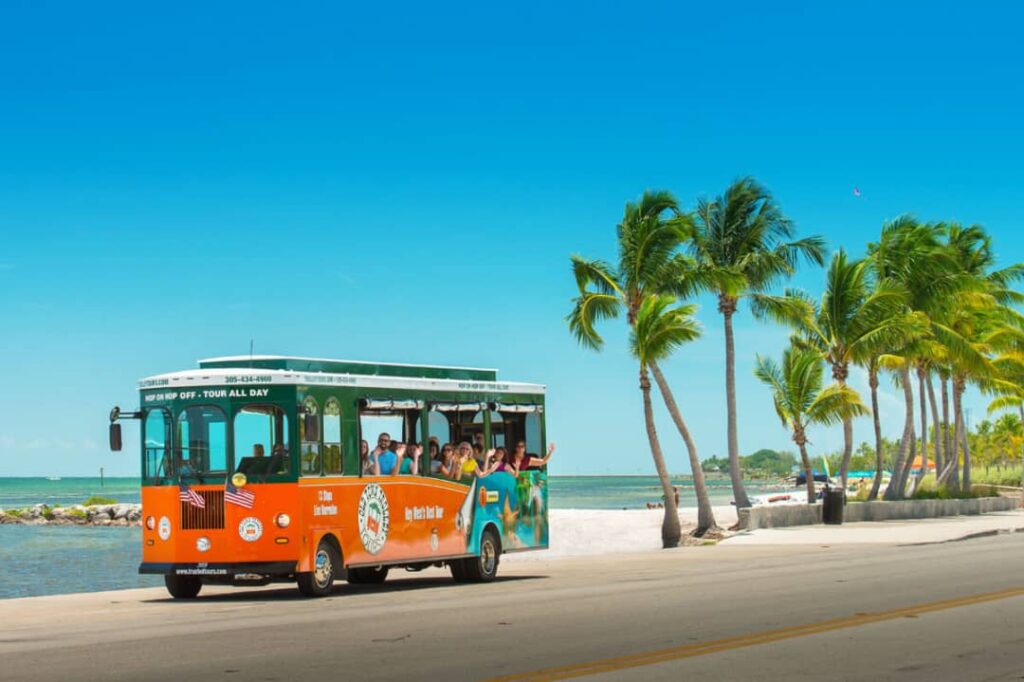Discovering Weed in Ulu Bedok

Discovering Weed in Ulu Bedok: A Human-Friendly Perspective
Ulu Bedok, located in the eastern part of Singapore, is a vibrant residential area blending history, multiculturalism, and modern urban living. Like the rest of Singapore, it’s a place where traditions meet progress, and where communities thrive in well-planned neighborhoods. With the rise of global conversations about cannabis—often called weed—people in Ulu Bedok, like elsewhere, sometimes find themselves curious.
But discovering weed in Ulu Bedok is not straightforward. Singapore is well-known for its strict laws against cannabis, strong cultural values, and emphasis on public health and order. Exploring weed here is more about understanding its global role, local restrictions, cultural curiosity, and safe alternatives rather than direct use.
This article provides a human-readable journey into cannabis in Ulu Bedok: its legal status, cultural presence, risks, wellness alternatives, and the way forward.
Weed and the Law in Singapore
The most important starting point is legality.
- Strict prohibition – In Singapore, cannabis is a Class A controlled drug under the Misuse of Drugs Act.
- Severe penalties – Possession, consumption, trafficking, or importing cannabis can result in extremely heavy punishments, including long prison terms, caning, or even the death penalty for large-scale trafficking.
- Zero tolerance policy – Even if a Singaporean consumes cannabis abroad and tests positive upon returning, they can face legal action.
For Ulu Bedok residents, this means cannabis is not an option for personal use. Curiosity must always be balanced with an understanding of the serious legal risks.
Cultural Perceptions of Cannabis in Singapore
Despite strict laws, cannabis is not unknown in local culture:
- Generational awareness – Older generations in Southeast Asia know cannabis historically as a medicinal herb in some rural communities, though it is not part of Singapore’s mainstream heritage.
- Youth curiosity – Exposure to international media, music, and news about legalization abroad sparks curiosity among young people in Ulu Bedok.
- Stigma and caution – Cannabis carries a strong negative association in Singapore due to government campaigns highlighting its dangers.
- Private discussions – While public conversation is limited, private debates about cannabis’s role in medicine or global economics occasionally surface.
In Ulu Bedok, weed exists more as a concept shaped by global conversations than a visible or local reality.
A Global Context That Shapes Curiosity
The curiosity in Ulu Bedok is heavily influenced by global trends:
- Legalization abroad – Countries like Canada, Thailand, and several U.S. states have legalized cannabis, creating awareness among Singaporeans.
- Medical research – Studies show cannabis may help with conditions such as epilepsy, chronic pain, and anxiety.
- Wellness markets – CBD oils, edibles, and hemp products are booming worldwide, even though they remain illegal in Singapore.
- Tourist exposure – Singaporeans traveling abroad may encounter cannabis-friendly cultures, bringing back stories and comparisons.
This global backdrop makes Ulu Bedok residents more curious, even though local laws remain firmly opposed.
Historical Roots in the Region
Cannabis is not new to Asia:
- Traditional medicine – In South Asia and parts of Southeast Asia, cannabis was historically used in folk remedies for digestion, pain, and relaxation.
- Colonial restrictions – During colonial times, many Asian territories, including Singapore under British rule, adopted anti-cannabis laws.
- Modern Singapore – Since independence, Singapore has upheld some of the world’s strictest anti-drug laws, making cannabis a taboo subject.
Thus, in Ulu Bedok, cannabis is remembered indirectly through regional history, but kept firmly outside modern life.
Risks of Cannabis in Ulu Bedok
Anyone curious about cannabis in Ulu Bedok must be aware of the risks:
- Legal consequences – Even small amounts can result in prison or caning; trafficking carries the death penalty.
- Social stigma – Being associated with drugs can harm reputation, family honor, and career prospects in Singapore’s conservative society.
- Health risks – Cannabis use can trigger anxiety, impaired concentration, or dependency in some individuals.
- No safe access – Since all cannabis-related products are banned, there are no regulated, safe, or legal channels in Singapore.
Because of these risks, cannabis in Ulu Bedok is largely absent from daily life.
Cannabis and Wellness: Global Lessons
Even though cannabis is not legal in Singapore, global conversations about wellness shape curiosity in Ulu Bedok. Around the world, cannabis and hemp are being used for:
- Stress relief – Helping people unwind after work or studies.
- Pain management – Providing relief for arthritis or chronic pain.
- Sleep aid – Supporting those who struggle with insomnia.
- Anxiety reduction – CBD products are increasingly marketed as calming supplements.
For Ulu Bedok residents, these discussions are mostly academic or media-driven, since there is no legal pathway to access cannabis or CBD locally.
Safe and Legal Alternatives in Ulu Bedok
Since cannabis is strictly illegal, people turn to legal wellness practices that can provide similar benefits:
- Traditional herbal remedies – Chinese medicine, Malay jamu, and Indian Ayurveda all offer natural herbs for relaxation and health.
- Tea culture – Green tea, chamomile, and lemongrass teas are popular for calming the mind.
- Mindfulness and meditation – Many in Ulu Bedok practice yoga, tai chi, or meditation to manage stress.
- Fitness and nature – Jogging at Bedok Reservoir or cycling around East Coast Park provides mental relief.
- Spa and wellness centers – Singapore’s wellness industry offers massages, aromatherapy, and relaxation therapies.
These alternatives allow people to explore wellness without legal risks.
Responsible Curiosity
For those in Ulu Bedok who remain curious about cannabis, a responsible approach includes:
- Learning, not using – Focus on reading about cannabis’s history, science, and global developments.
- Respecting the law – Never attempt to consume or possess cannabis in Singapore.
- Exploring wellness legally – Choose herbal teas, exercise, or mindfulness practices.
- Keeping discussions respectful – Cannabis remains a sensitive subject; handle conversations thoughtfully.
- Health first – Remember that not all substances are safe, and personal well-being should be the priority.
This ensures curiosity remains safe, informative, and respectful of local culture.
The Future of Cannabis in Singapore
Could things change in the future?
- Medical cannabis debates – Some Southeast Asian countries, like Thailand, have legalized medical cannabis. If global evidence grows, Singapore may one day explore tightly controlled medical use.
- Hemp opportunities – Hemp, a non-psychoactive cannabis variety, could have industrial uses in textiles or construction, potentially relevant to Singapore’s economy.
- Continued strictness – For the foreseeable future, Singapore is likely to maintain its zero-tolerance stance.
In Ulu Bedok, this means cannabis will remain a distant curiosity rather than a local reality.
Conclusion
Discovering weed in Ulu Bedok is not about direct consumption—it’s about understanding laws, culture, wellness alternatives, and global influences.
- Cannabis is strictly illegal in Singapore, with some of the harshest penalties worldwide.
- Historically, cannabis existed in Asia’s folk remedies but has been erased from Singapore’s modern life.
- Curiosity exists due to global legalization trends, media influence, and wellness discussions.
- Risks are real: legal, social, and health-related.
- Safe alternatives like herbal medicine, mindfulness, tea culture, and fitness provide legal wellness pathways.
- The future may bring cautious discussions of hemp or medical cannabis, but broad legalization remains unlikely.
For residents of Ulu Bedok, discovering cannabis means learning, reflecting, and exploring safe wellness options while respecting Singapore’s laws and cultural values.
✅ Word Count: ~1,020 | Tone: Human-readable, balanced, and culturally respectful.
Would you like me to also create a shorter 600-word “practical wellness guide” version for Ulu Bedok, focusing on safe alternatives and stress relief, so it’s easier for casual readers?
